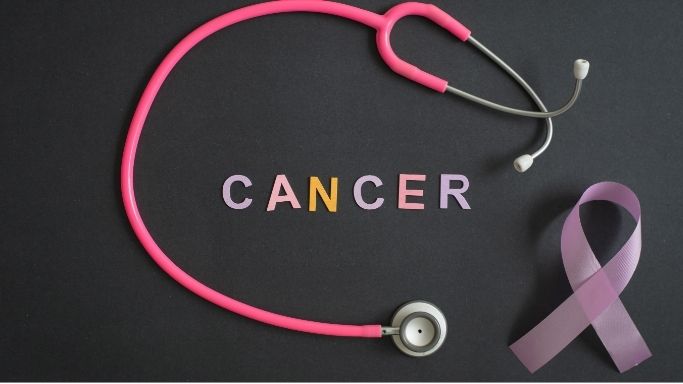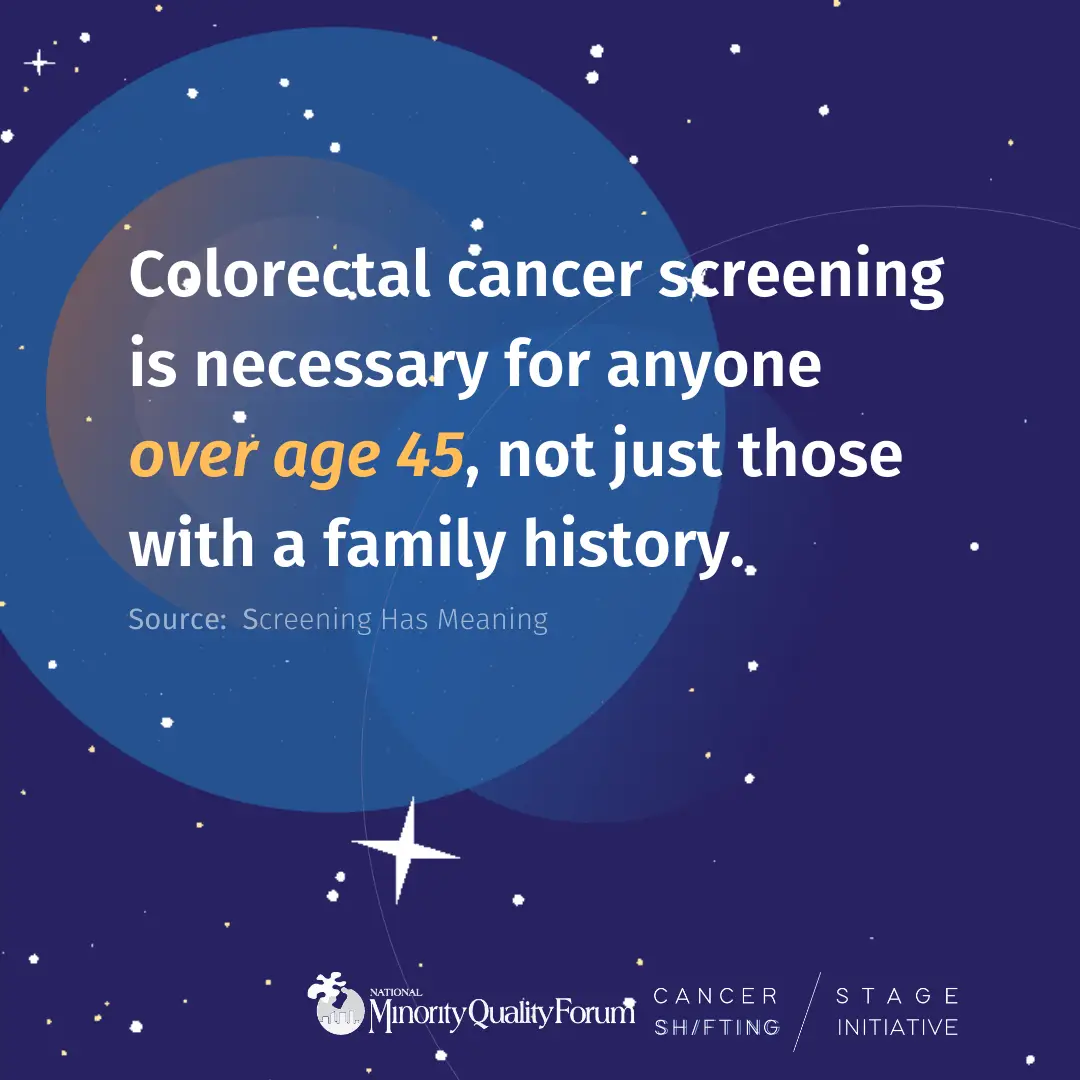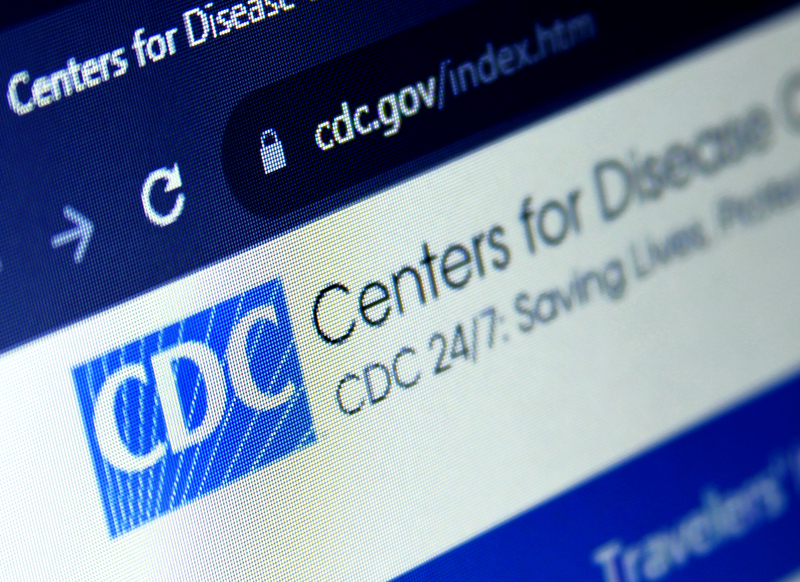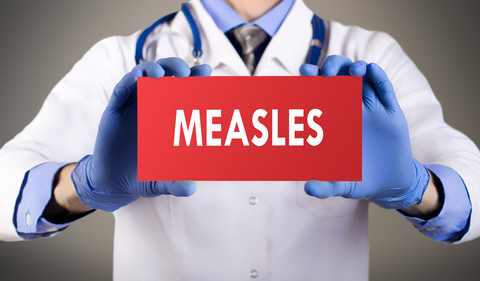Mental Health
Study Finds Alarmingly High Suicide Rates Among AI/AN VHA Patients
Nathaniel V. Mohatt, PhD, a research psychologist with the VA’s Rocky Mountain Mental Illness Research, Education, and Clinical Center.
AURORA, CO...
Addressing cost, stigma, and treatment disparities key to improving access to mental health care in Black and Hispanic communities
(Photo by Darius Bashar on Unsplash)
By April Jeffries and Dr. Manuel Garcia-Garcia
Most Americans are frustrated with the mental healthcare system...
Counselor shines spotlight on barriers people of color face when seeking mental health help
Counselors are tackling mental health issues in communities of color and the importance of seeking help.
News 12 spoke with Dr. Sumir Sahgal, the f...
Latino families of patients with COVID-19 in the ICU are at higher risk of post-traumatic stress
…Monday by the JAMA network.
The results reveal that relatives of Latinos with coronavirus in the ICU are more likely to experience sym...
How mental health services are failing minorities | News
As the end of the semester and exam week approaches, it brings with it a slew of new fears and anxieties for all students. Some are dealing with th...
A mental health specialist is helping underserved moms find their way
Lissette “Mitzy” Liriano spends a lot of time holding hands, she says. As Chester County Hospital’s first, and only, maternal mental health special...
Trending Topics
Features
- Drive Toolkit
Download and distribute powerful vaccination QI resources for your community.
- Health Champions
Sign up now to support health equity and sustainable health outcomes in your community.
- Cancer Early Detection
MCED tests use a simple blood draw to screen for many kinds of cancer at once.
- PR
FYHN is a bridge connecting health information providers to BIPOC communities in a trusted environment.
- Medicare
Discover an honest look at our Medicare system.
- Alliance for Representative Clinical Trials
ARC was launched to create a network of community clinicians to diversify and bring clinical trials to communities of color and other communities that have been underrepresented.
- Reducing Patient Risk
The single most important purpose of our healthcare system is to reduce patient risk for an acute event.






















